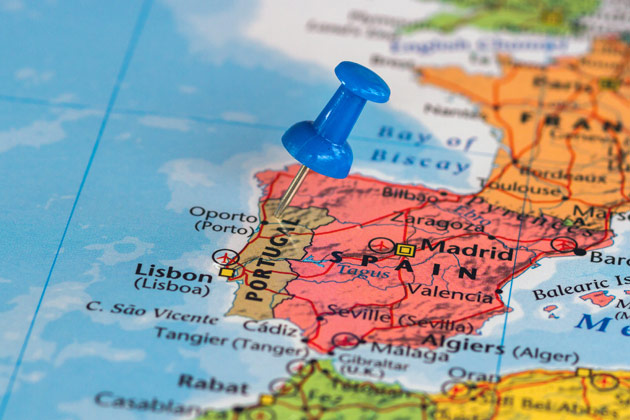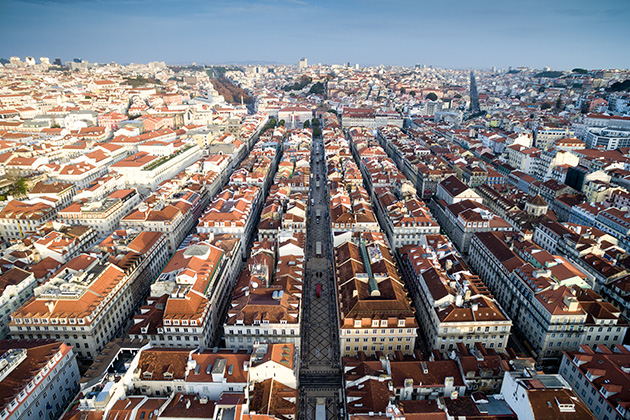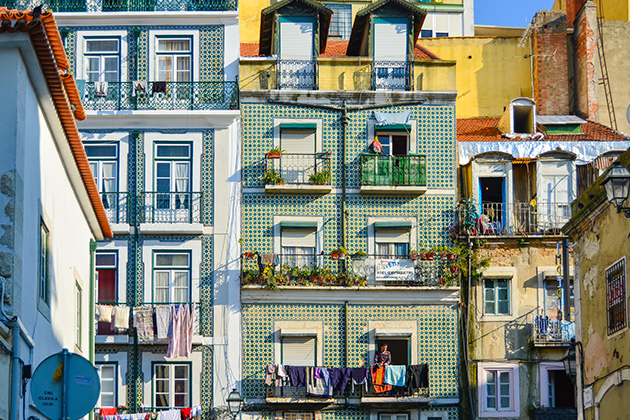
The new coronavirus has brought the world to a standstill.
The virus was first identified in China, in December 2019, and was meanwhile named SARS-Cov-2. It quickly jumped beyond the borders of Wuhan (Hubei province) and proceeded to spread all over the world.
On 30 January, the World Health Organisation (WHO) classified the outbreak as an international public health emergency and on 11 March upgraded it to pandemic.
The SARS-Cov-2 is part of the large coronavirus family. Other strands of coronavirus have been known to infect humans for some time, and these can cause anything from a mild cold to more serious respiratory infections, such as SARS (2002) and MERS (2012). This new variety had never been identified before in humans, and the illness it causes is called Covid-19.
According to the WHO, the most common symptoms are:
- Fever;
- Fatigue;
- Breathing difficulties.
Some people also complain of body aches, nasal congestions, runny nose, sore throat and diarrhoea. Others, despite being infected by the virus, do not develop symptoms, and are therefore asymptomatic.
According to the WHO, around 80% of patients recover without the need of any special treatment, but others develop severe pneumonia, with acute breathing difficulties and failure of the kidneys and other organs that can eventually lead to death.
Some sectors of the population are at greater risk of developing more serious symptoms. These include the elderly (over 70), people with other chronic illnesses, such as diabetes, heart disease, cancer, high blood pressure or chronic respiratory illnesses as well as those who have immunity problems. If you develop Covid-19 symptoms you should not go to an Emergency Room, but instead call the national health service hotline and follow directions given. The number is 808 24 24 24.
You can learn more about the disease, symptoms or treatment at the World Health Organisation or Portugal’s board of health (DGS) websites.
Portugal’s containment measures
To help contain the Covid-19 outbreak, Governments all over the world have been adopting measures to try and avoid a spike in the numbers of cases.
The Portuguese government has adopted several measures since the pandemic was declared by the World Health Organisation, in March 2020. It began by declaring a state of emergency, on 18 March 2020, which was accompanied by several measures including a curfew, suspension of trade and retail activities and closing of schools. Since then, Portugal has gone through many different stages.
Make sure you are up to date with the measures in Portugal by visiting:
- The Portuguese Government’s Homepage
- EstamosON – Government’s one-stop platform with all the relevant information on prevention and containment measures for the new coronavirus.
novobanco’s measures
Due to the pandemic, novobanco has been encouraging the use of digital channels. You can see details of the measures adopted here.
Useful links
> Contacts of embassies and consulates in Portugal (Portuguese only)
> Information on air-travel restrictions in several countries
SNS24 Hotline: 808 24 24 24



